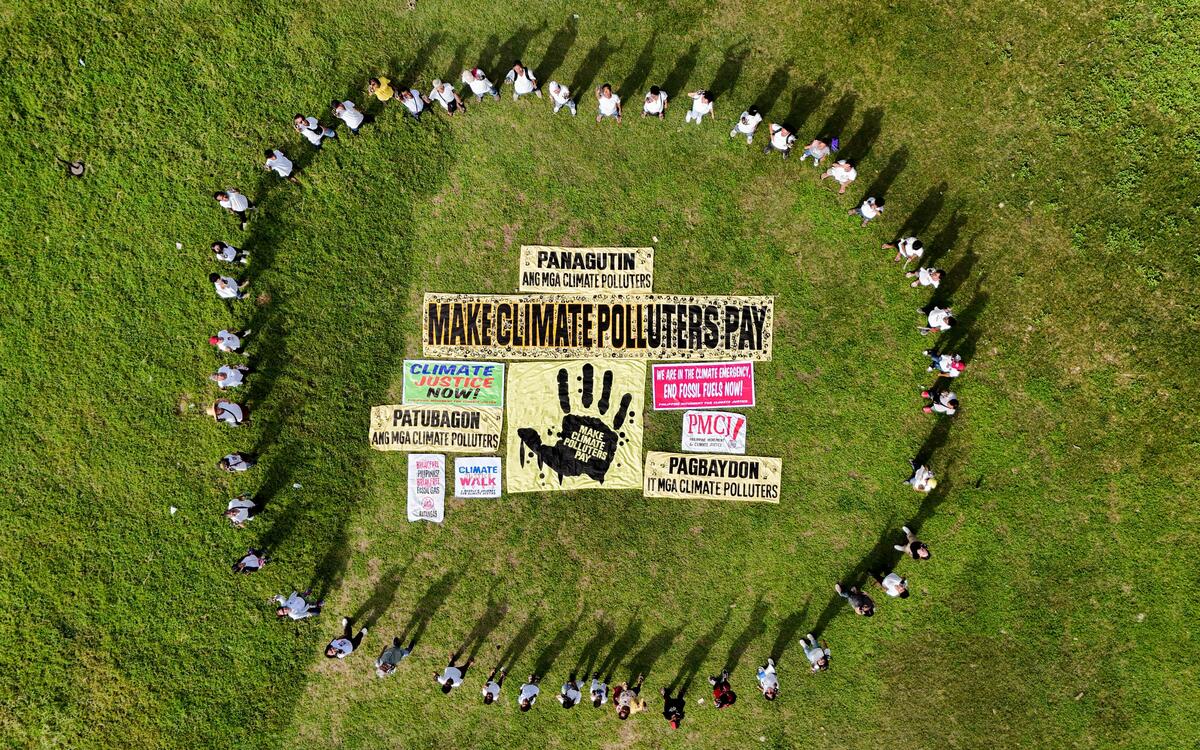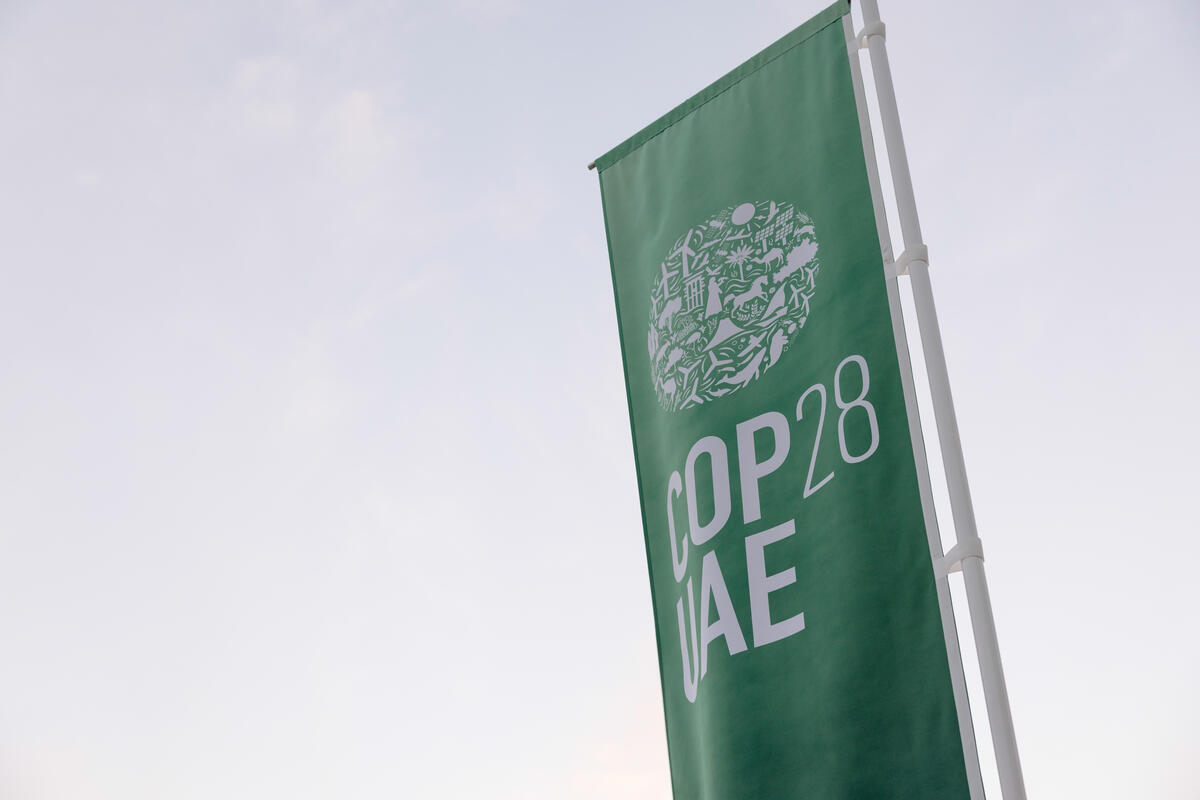After a busy week one at COP28, climate negotiations resume for a second week. Let’s check in on how the first week went and what needs to happen now.
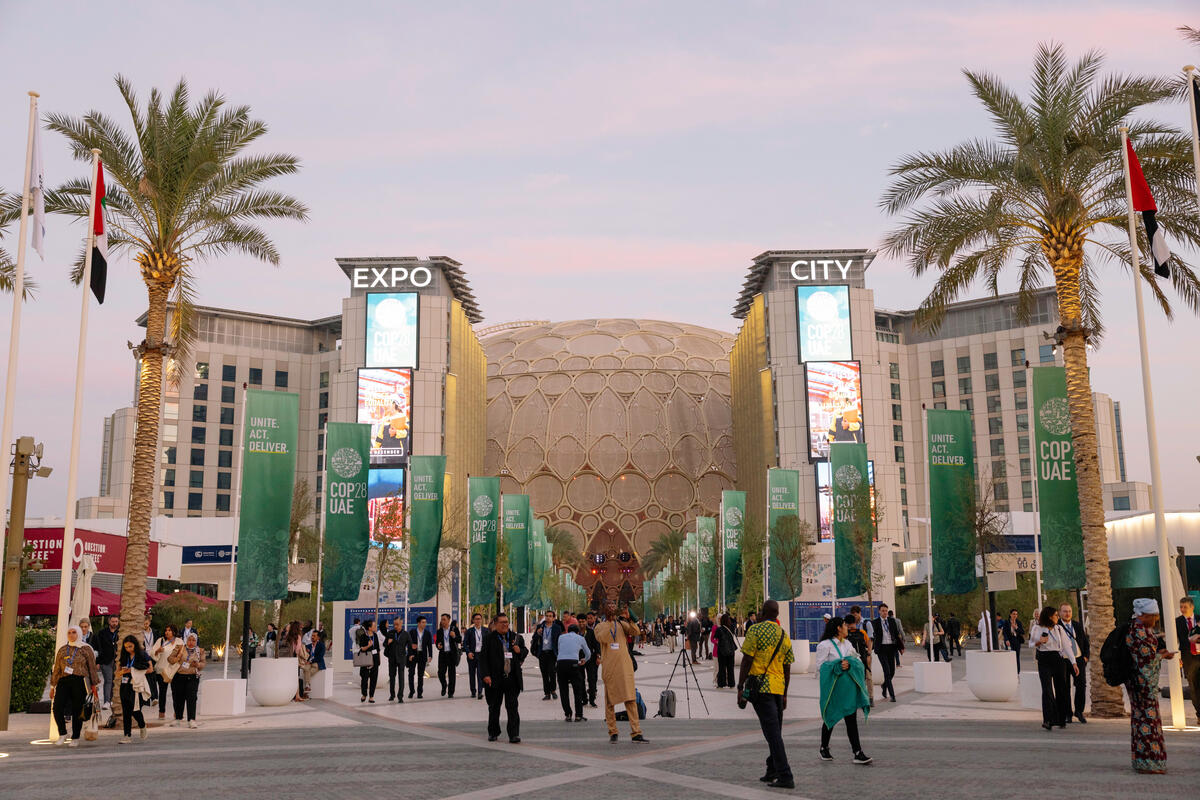
First, the good:
For the first time, a fossil fuel phaseout has appeared in the draft text, responding to the ever growing demands for an end to oil, coal and gas as solar and wind are poised to take us to a fair and just reality.
Countries agreed on nearly US$300 million in finance pledges for the Loss and Damage Fund on the first day. For communities suffering the most from climate-related loss and damage, every contribution matters. But most of the richest, highest polluting countries fell short, again. The historic consensus to operationalise the Loss and Damage Fund could be a real lifesaver for frontline communities if the responsibility of developed countries to lead in resourcing the fund, is recognised in the final COP decision.
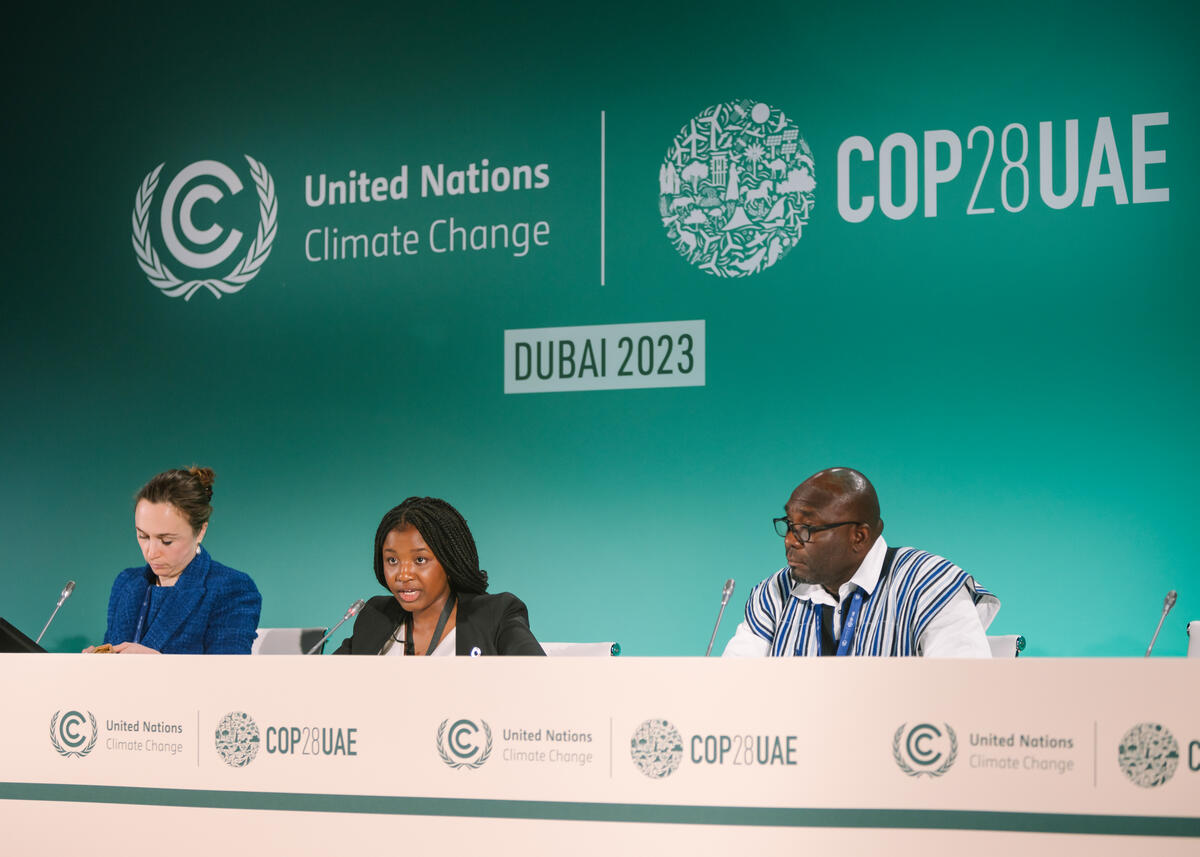
Despite being Latin America’s largest coal exporter and one of the region’s top oil producers, Colombia became the 10th country, and first from Latin America, to join the call for a historic fossil fuel non proliferation treaty.
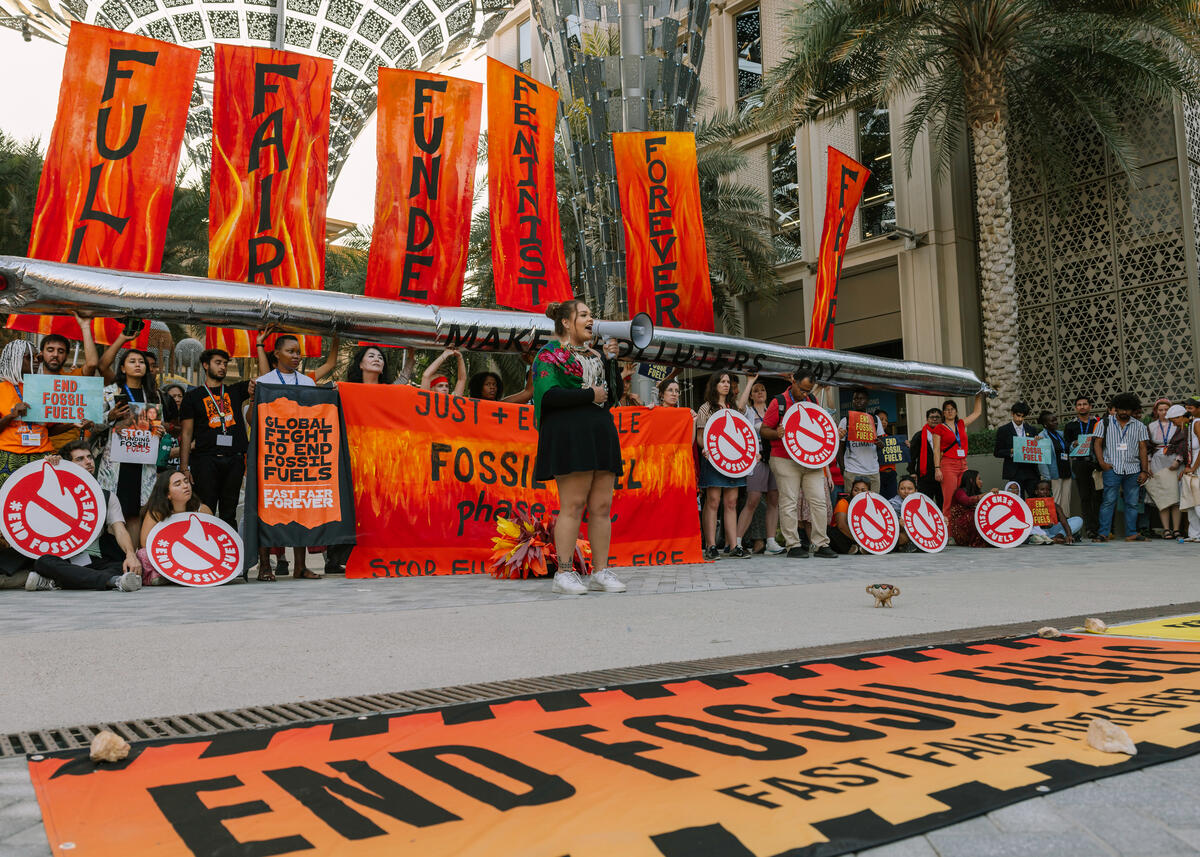
While navigating tight guidelines for protest, civil society, led by youth, Indigenous Leaders and those most affected by the climate crisis, were determined to not accept the greed of polluters and lack of will from leaders. Demanding more ambition in the climate negotiations, civil society got creative in making impactful spaces within and around the UN venue.
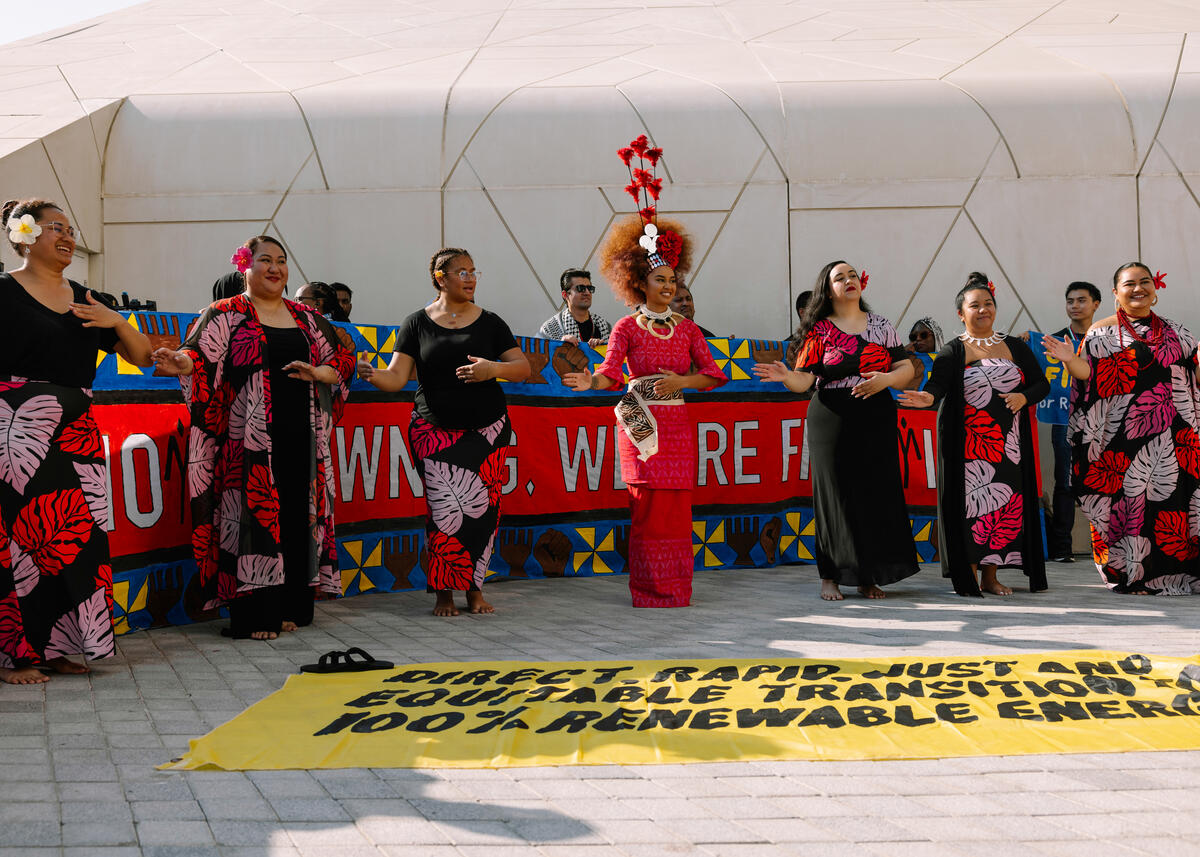
Now the not so great and downright rude:
According to a new report from Kick Big Polluters Out, there are a whopping 2456 fossil fuel representatives in attendance at COP28. That is four times higher than at any COP ever before and more than the 10 most climate vulnerable countries and seven times more than the number of official Indigenous representatives. The influx of fossil fuel lobbyists threatens the entire process and challenges credibility in shaping effective climate policy.
What we need now:
Negotiations will now begin on the text of the official agreement and ministers arriving for the second week will be faced with answering the demands coming from every direction for a commitment to phase out oil, gas and coal in Dubai.
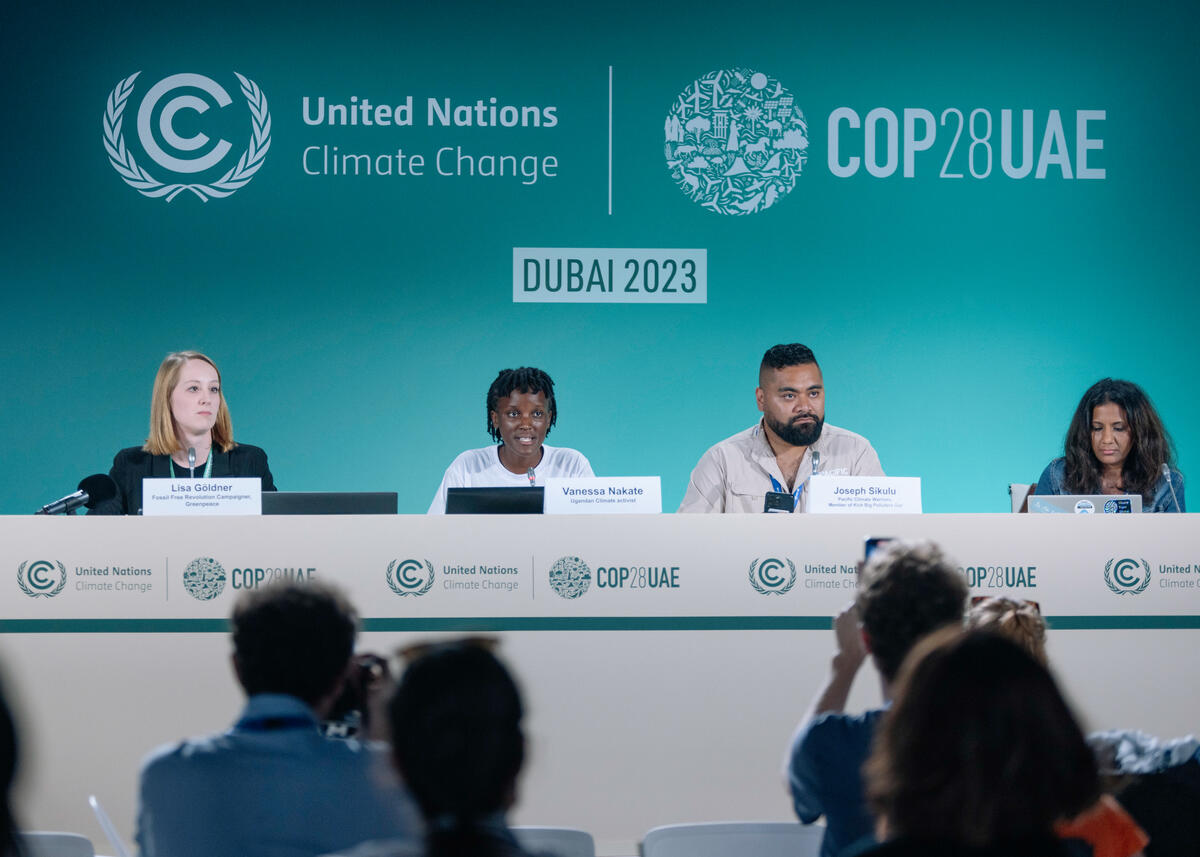
And it’s working. Of course, there remains a powerful list of countries who are fighting it for their own profits. But for negotiators, everything is up for play right now. The 1.5°C warming limit didn’t seem possible before Paris and we still got it. Now we won’t stop until we get a full, fast and fair phaseout of fossil fuels.
COP28 presents a real moment to end the era of fossil fuel forever. And there’s still time. But the hours are limited to make the meaningful change that can only happen if governments level up, seize the moment and commit to a fair, fast and full fossil fuel phase out.

